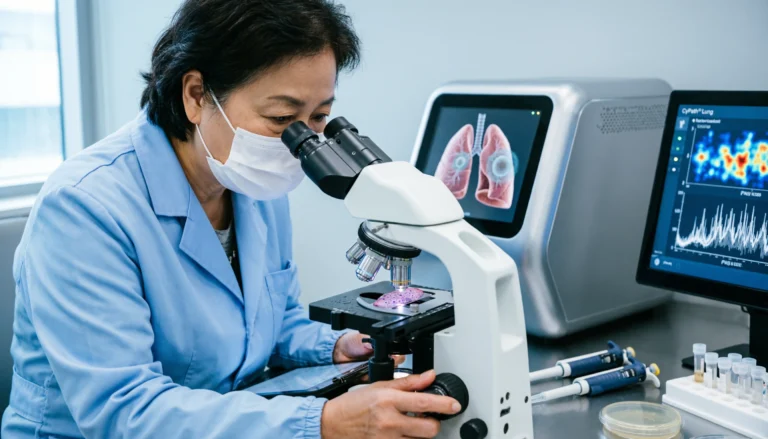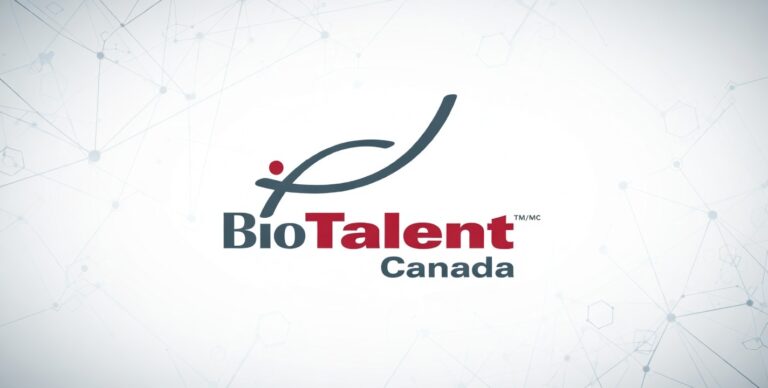
ENHERTU Phase 3 DESTINY-Gastric05 Trial Starts for Untreated HER2+ Advanced Gastric Cancer
The first patient has been successfully dosed in the DESTINY-Gastric05 phase 3 trial, which aims to evaluate the efficacy and safety of ENHERTU® (trastuzumab deruxtecan) in combination with a fluoropyrimidine chemotherapy (either 5-FU or capecitabine) and Merck’s anti-PD-1 therapy, KEYTRUDA® (pembrolizumab). This combination is being compared to a standard treatment regimen consisting of trastuzumab in combination with platinum-based chemotherapy (cisplatin plus 5-FU or oxaliplatin plus capecitabine) and pembrolizumab.
The trial targets previously untreated patients with unresectable, locally advanced, or metastatic HER2-positive (IHC 3+ or IHC 2+/ISH+) gastric or gastroesophageal junction (GEJ) cancer. Patients involved in the study must also have a PD-L1 Combined Positive Score (CPS) of ≥1.
In addition to the primary comparison, the study includes an exploratory cohort of patients with PD-L1 CPS <1, who will be randomized to receive either ENHERTU in combination with fluoropyrimidine or trastuzumab combined with platinum-based chemotherapy.
ENHERTU is a specifically engineered HER2-directed DXd antibody-drug conjugate (ADC), which was discovered by Daiichi Sankyo (TSE: 4568) and is currently being jointly developed and commercialized by Daiichi Sankyo and AstraZeneca (LSE/STO/Nasdaq: AZN). The development of ENHERTU represents a significant advancement in the field of oncology, particularly in the treatment of HER2-positive cancers.
Gastric cancer remains a major global health issue, with a particularly poor prognosis for patients diagnosed with advanced stages of the disease. The five-year survival rate for patients with advanced gastric cancer is alarmingly low, ranging between 5% and 10%. The current standard first-line treatment for HER2-positive advanced gastric cancer, where PD-L1 CPS ≥1 is present, involves a combination of trastuzumab and platinum-based chemotherapy, which includes either cisplatin with 5-FU or oxaliplatin with capecitabine, along with pembrolizumab.
Despite the availability of this treatment regimen, there is an urgent need for new and more effective therapies to improve survival rates, especially in the first-line metastatic setting. As a result, novel treatment options targeting HER2, such as ENHERTU, have garnered considerable interest as potential alternatives to improve patient outcomes.
Mark Rutstein, MD, the Global Head of Oncology Clinical Development at Daiichi Sankyo, commented on the significance of the DESTINY-Gastric05 trial. He noted that following the positive overall survival results seen in the DESTINY-Gastric04 trial, which evaluated ENHERTU in the second-line HER2-positive metastatic gastric cancer setting, the DESTINY-Gastric05 trial aims to explore the potential of ENHERTU earlier in the treatment process. Specifically, the trial will assess ENHERTU as a first-line treatment in combination with immunotherapy and a fluoropyrimidine chemotherapy regimen. The study is seeking to determine whether this platinum-free chemotherapy regimen can further improve survival outcomes in patients with previously untreated HER2-positive metastatic gastric cancer.
ENHERTU has already gained approval in more than 65 countries for use in the second-line or third-line metastatic setting for HER2-positive gastric cancer. This approval is based on the positive results from a number of trials, including the DESTINY-Gastric01, DESTINY-Gastric02, and DESTINY-Gastric06 trials. These studies demonstrated the potential of ENHERTU to significantly improve patient outcomes in the metastatic setting, leading to its widespread acceptance for use in later lines of treatment for gastric cancer.
KEYTRUDA®, Merck’s anti-PD-1 therapy, plays a central role in the treatment regimens being evaluated in the DESTINY-Gastric05 trial. It is one of the most widely used immunotherapy agents in oncology, with applications in a variety of cancer types. It works by inhibiting the PD-1 receptor, thereby enhancing the immune system’s ability to recognize and attack cancer cells. In combination with other therapies, such as chemotherapy and targeted agents like ENHERTU, KEYTRUDA® has shown promise in improving patient outcomes and extending survival for patients with various types of cancer, including HER2-positive gastric cancer.

The DESTINY-Gastric05 trial is a large-scale, global, multicenter, randomized, open-label phase 3 study designed to evaluate the safety and efficacy of ENHERTU in combination with fluoropyrimidine chemotherapy (5-FU or capecitabine) and KEYTRUDA® in patients with HER2-positive gastric or GEJ cancer. Approximately 576 previously untreated patients with unresectable, locally advanced or metastatic HER2-positive gastric or GEJ cancer, and a PD-L1 CPS ≥1, will be enrolled in this study. The primary endpoint of the trial is progression-free survival (PFS), which will be assessed by a blinded independent central review. Secondary endpoints will include overall survival, PFS as assessed by investigators, objective response rate (ORR), duration of response (DoR), and safety measures.
In addition to the main study cohort, an exploratory cohort of 150 patients with PD-L1 CPS <1 will also be enrolled and randomized to receive either ENHERTU plus fluoropyrimidine chemotherapy or trastuzumab combined with platinum-based chemotherapy. This exploratory cohort will provide valuable insights into the potential efficacy of ENHERTU in patients with lower PD-L1 expression, expanding our understanding of its potential in various patient populations.
The trial is expected to provide important data that could lead to the further development and potential approval of ENHERTU as a first-line treatment option for patients with HER2-positive metastatic gastric cancer. If successful, this treatment combination could offer a new therapeutic option for a patient population in urgent need of more effective treatments.
The results of this study could also have broader implications for the treatment of other HER2-positive cancers, as the combination of ENHERTU with immune checkpoint inhibitors like KEYTRUDA® could represent a novel therapeutic strategy in oncology. Moreover, the use of fluoropyrimidine chemotherapy in combination with targeted therapies and immunotherapy could pave the way for more personalized and effective treatment regimens in the future.
In conclusion, the ongoing DESTINY-Gastric05 trial is an important step in the development of new treatment options for patients with HER2-positive gastric cancer, a disease with a historically poor prognosis. The combination of ENHERTU, KEYTRUDA®, and fluoropyrimidine chemotherapy represents a promising new approach that could improve survival and quality of life for patients with advanced gastric cancer. With the trial underway, the oncology community eagerly awaits results that could further reshape the treatment landscape for this challenging disease.





